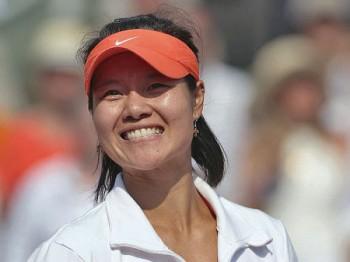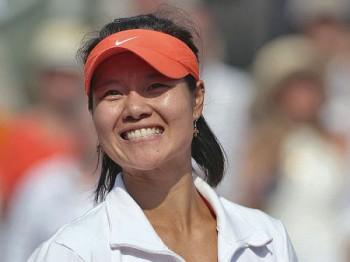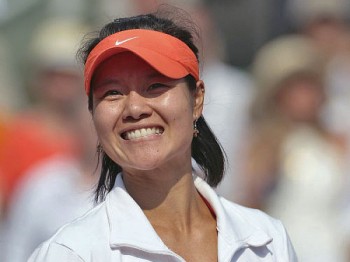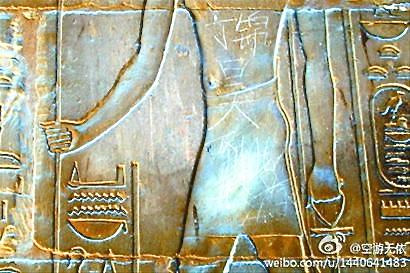French Open Winner Li Na Does It for Herself
At the age of 29 Li Na became the first Asian winner of the French Open Grand Slam, turning a new page in tennis history and raising questions about the future of professional tennis in China.

China's Li Na holds the trophy after winning over Italiy's Francesca Schiavone during their Women's final in the French Open tennis championship at the Roland Garros stadium, on June 4, 2011, in Paris. AFP/Getty Images
|Updated:





